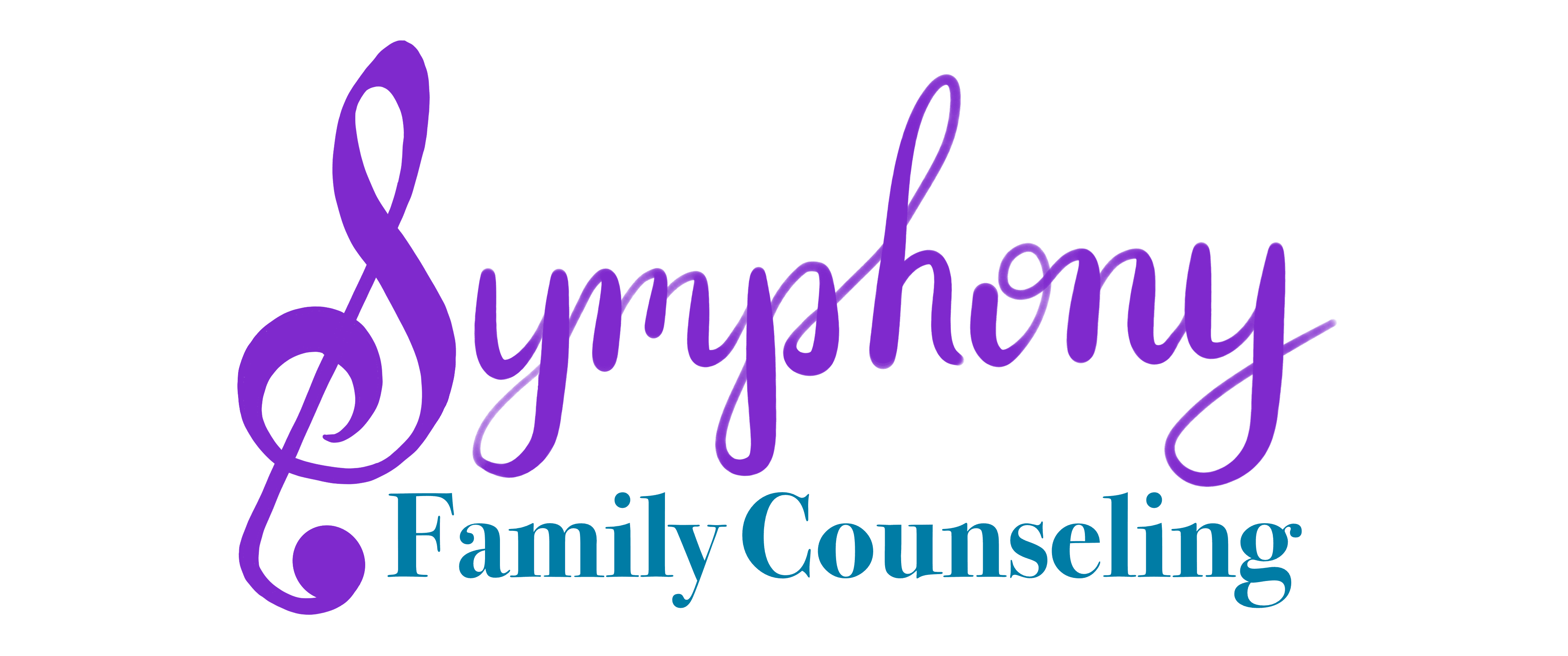ADHD
Autism
Autism spectrum disorder (ASD) is a complex neurodevelopmental condition that affects individuals in unique ways. It’s characterized by differences in communication, social interaction, and sensory processing. People with ASD can have a wide range of strengths and challenges, and often possess remarkable talents and perspectives. Understanding and respecting these individual differences is key to creating a supportive and inclusive world for everyone on the spectrum.
Behavioral Disorders
Behavioral disorders encompass a range of patterns in thinking, feeling, and acting that significantly interfere with daily life. These patterns can manifest as disruptive behaviors, attention difficulties, anxiety, or repetitive actions. While some behaviors may fall within typical developmental stages, persistent and severe symptoms that impair one’s ability to function in school, at home, or in social settings might indicate a deeper issue. While causes can vary, addressing behavioral disorders with professional help and supportive care can significantly improve well-being and quality of life for individuals and their families.
Chronic Pain/Illness
Chronic pain and illness constitute a complex chronic health condition affecting millions worldwide. Characterized by persistent pain lasting beyond the typical healing time, it imposes significant physical and emotional burdens. The diverse array of etiologies, from chronic diseases to nerve damage, can manifest in a range of pain qualities, impacting daily functioning and quality of life. Beyond the immediate discomfort, individuals contend with psychological challenges including anxiety, depression, and social isolation. However, amidst the adversity, resilience emerges. Patients can develop adaptive strategies, cultivate support networks, and access evidence-based interventions to manage their pain and optimize their well-being. While chronic pain and illness present enduring challenges, with comprehensive treatment strategies, proactive self-management, and ongoing research, individuals can navigate this complex condition and lead fulfilling lives.
Developmental and Learning Disorders
Mood Disorders
Relationship Conflicts
Interpersonal conflict is a natural consequence of complex human interactions, particularly within close relationships. While some degree of disagreement is healthy, chronic and unresolved conflict can erode trust, intimacy, and overall relationship satisfaction. Fortunately, relationship counseling can serve as a valuable resource for couples or individuals navigating challenging dynamics. Within a safe and confidential space, a skilled therapist can facilitate communication, foster emotional understanding, and equip partners with effective conflict resolution strategies. This collaborative process encourages a shift from destructive patterns to constructive dialogue, promoting empathy, respect, and the potential for renewed connection.
